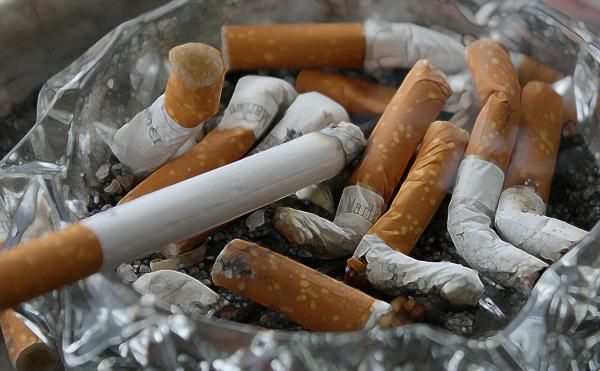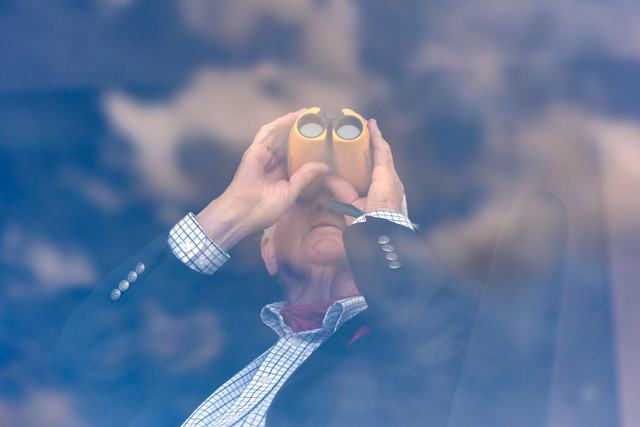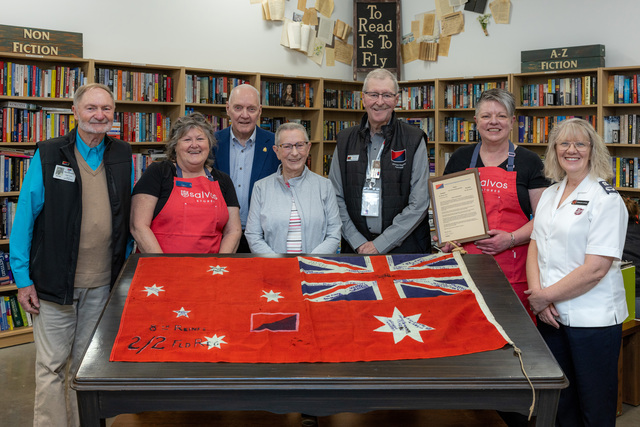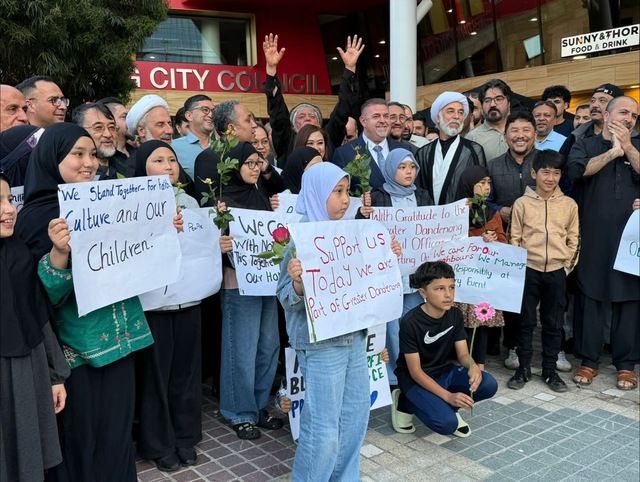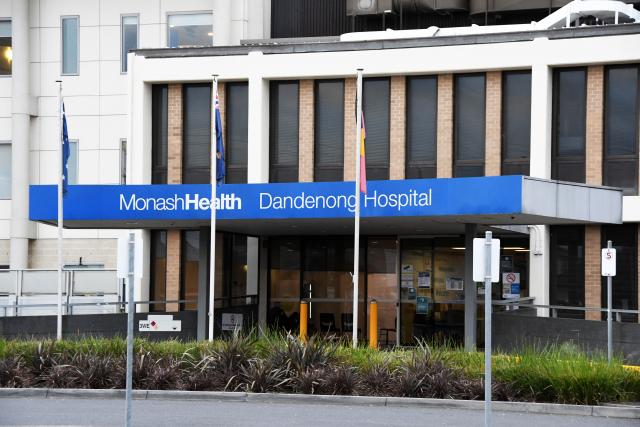Cancer Council Victoria has revealed that 685 people are diagnosed with cancer in Greater Dandenong each year and 260 locals lose their lives to the disease.
The data, from the new Victorian Cancer Registry, was released for World Cancer Day on Thursday 4 February.
Cancer is a leading cause of disease burden in Victoria with 98 new diagnoses each day – or one every 15 minutes.
Of the new cancer cases in Greater Dandenong each year, on average 68 people are diagnosed with lung cancer, 26 with melanoma, 89 with bowel cancer, 83 with breast cancer and 80 with prostate cancer.
World Cancer Day 2021 has a theme of ‘I Am and I Will’ and is all about the commitment to act. Supporters are encouraged to reflect on what they could to do reduce the impact of cancer for themselves, their community and the wider world.
Todd Harper, CEO of Cancer Council Victoria, said the Cancer Council is encouraging every Victorian to act this World Cancer Day.
“Whether it’s going to get your cancer screening done that you’ve been putting off, making a call to the Quitline, or remembering your hat and being SunSmart, there’s so many actions – big and small – that we can all take to reduce our cancer risk,” Mr Harper said.
“In 2020 many Victorians delayed general health check-ups and screening because they were nervous about visiting doctors due to Covid-19. I urge all Greater Dandenong City locals that now is the time to put you and your health back at the top of your ‘to do’ list.”
One third of cancers can be prevented, with simple lifestyle changes such as getting checked, being SunSmart, maintaining a healthy weight, limiting alcohol, eating a balanced diet, being physically active and not smoking, all of which help to reduce the risk.
Mr Harper said that cancer screening saves lives and is one of the most effective ways to detect the early signs of cancer, when successful treatment is more likely.
“We were concerned to see a drop in screening rates across the board last year due to Covid-19 restrictions, meaning cancers may be detected later when there may be fewer treatment options available. If you have received an invitation to participate in a cancer screening program, please do not delay,” he said.
In 2019, 35,924 Victorians were diagnosed with cancer and 11,329 lost their lives to the disease. The five most common cancers in Victoria are prostate, breast, bowel, lung and melanoma, collectively accounting for 57 percent of new cancers and 46 percent of cancer deaths in 2019.
Anyone affected by cancer who may need information or support is encouraged to contact Cancer Council’s cancer nurses on 13 11 20.

